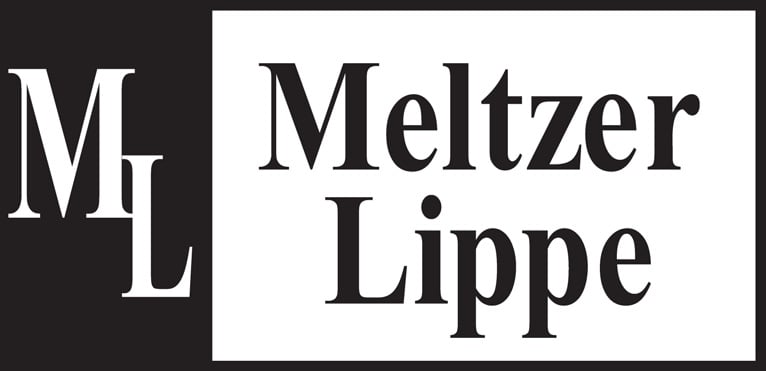Effective June 27, 2023, all covered employers were required to comply with the Pregnant Workers Fairness Act (“PWFA”), a federal law administered and enforced by the Equal Employment Opportunity Commission (“EEOC”), which requires covered employers to provide “reasonable accommodations” to workers’ known limitations related to pregnancy, childbirth, or related medical conditions, absent an “undue hardship.” On August 11, 2023, the EEOC published proposed Regulations to assist covered employers in their implementation of the PWFA. The EEOC has identified the following four pregnancy accommodations that should be granted in almost every circumstance: (1) allowing employees to carry and drink water as needed; (2) additional restroom breaks; (3) standing and sitting options; and (4) additional breaks to eat and drink.
Additionally, the EEOC identified other examples of possible reasonable accommodations that a covered employer must provide unless it can demonstrate that the accommodation would impose an undue hardship, including: (1) schedule changes, part-time work, and paid and unpaid leave; (2) telework; (3) closer parking spaces; (4) light duty; (5) making facilities accessible or modifying the work environment; and (6) job restructuring.
In addition to the proposed regulations, covered employers should also be aware of the potential collaboration on investigations by the EEOC and the Wage and Hour Division (“WHD”) of the U.S. Department of Labor, into alleged violations of laws enforced by the WHD, such as the Providing Urgent Maternal Protections for Nursing Mothers Act. The EEOC and WHD executed a Memorandum of Understanding, effective September 13, 2023, formalizing the coordination between the two agencies to share information from complaint referrals and investigative files relating to alleged violations of the laws enforced by them.
As the EEOC began accepting charges alleging violations of the PWFA, we offer the following practical guidance to manage risk and ensure compliance with the law:
- Policy Update: Employers should update their employee handbooks to adopt a policy to ensure compliance with the PWFA, as well as other related state and federal laws such as the Pregnancy Discrimination Act and Americans with Disabilities Act.
- Update Accommodation Protocols: Employers should adopt a formal process to manage requests for accommodations from pregnant and postpartum workers.
- Provide Training to Managers: Employers should train management employees to identify requests for accommodation from pregnant and postpartum workers, and direct such requests to the appropriate individual(s) within the organization responsible for receiving and responding to workers’ accommodation requests.
Meltzer Lippe is well versed in legislative developments related to equal employment opportunity laws. Employers with questions relative to the foregoing are encouraged to reach out to your Meltzer Lippe advisor or contact Asish A. Nelluvely at Meltzer, Lippe, Goldstein & Breitstone, LLP.
